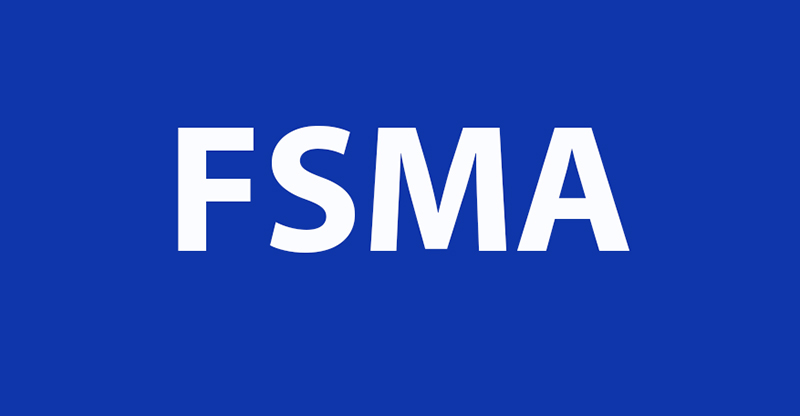Two experts from The Acheson Group – Dr. David Acheson, and Melanie Neumann, in a recent FSMA Friday webinar, discussed what companies should expect from the FDA in 2015 and how they can adjust to comply with new rules as the final deadlines approach. FoodSafetyTech presents some excerpts:
With the FSMA comment deadline closed, what can we expect from FDA in terms of finalizing FSMA?
With the agency still answering questions and conducting FSMA related activities such as dealing with deadlines and proposals, we can expect to see the agency go silent on that. We have gone through multiple comment periods already so we should expect them to stick to their timeline of implementing rules.
What is FDA ultimately seeking to achieve with these rules?
When we look at where FDA is going in 2015, we need to look at what we should be doing in the private sector under FSMA’s prevention scheme. FDA is trying to require companies to think about preventative controls. It is about understanding where your risks are and using the appropriate controls. The main issue surfaces when regulators and suppliers have different senses of what appropriate controls really are. So, thinking about risk-based strategies, whether in the supply chain, internal systems, or whether you are a grower or importer, is going to be key in planning for the future.
When is it anticipated that the FSMA rules will be finalized?
Going from reactive to proactive and preventative strategies is the essence of FSMA’s effect on shifting the regulatory scheme. Therefore we should expect preventative control rules to come out first. We must put together a monitoring program and corrective actions in our food safety plan proactively. The FDA really wants to get these rules rolled out and enforced before the administration changes in 2016 with the next presidential election so we can safely assume they will try to stick to their published timelines (most proposed rules have a deadline in Fall 2015 with the latest in the spring of 2016).
What will some of the biggest challenges be for food and beverage companies as they begin to consider FSMA compliance?
The biggest challenges will deal with how to properly manage, store, and retrieve documentation. All the traceability data, information, and production and supplier documentation that is key in a recall should be readily presentable. Having all this data and documentation, being able to produce it quickly and turn it over to the on demand is the biggest hurdle. Companies need to leverage technology to manage this risk in documentation and data organization.
What should companies be doing now to begin to prepare for FSMA as we wait for the final rules?
Companies should start preparing for FSMA immediately. Between the proposed and final rule, there is some concern for not knowing the future, but companies should conduct FSMA assessments and build a roadmap for compliance on track with FDA timelines.
Supply chain risk control and environmental monitoring are new and challenging ventures. The behavior of FDA in the past few years have shown that any company that needs to comply with preventative control rules should really pay attention to their environmental monitoring program.
HAACP systems are likely to be fairly robust and will translate quickly, but environmental monitoring could be considered the Achilles’ heel. The other Achilles’ heel is the supply chain. This was in the original statute giving FDA the authority to require supply chain risk assessments and controls. This has resurfaced in the re-proposals, which is very reflective of the foreign supplier verification program. Look at what you know about your supply chain. The expectation will be that you control those risks.
The other challenge is FDA is expecting you to look more than one step upstream. If you are buying your ingredients from a distributor, it is your responsibility to institute preventative controls in environmental monitoring Companies need an organized central repository of all upstream, internal, and downstream documentation and data.
GFSI standards compare to the preventative control rules. The standards might be highly robust but that does not necessarily mean you comply with food defense and foreign supplier verification programs. Keep all that in mind when looking strategically toward 2016.
Summarized by Aaron Biros





